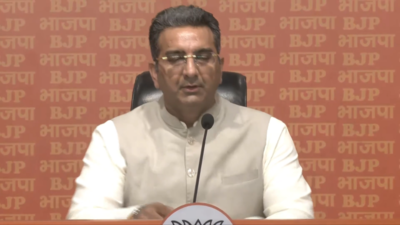
Sanjay Raut, a senior leader of the Shiv Sena (Uddhav faction) and a prominent figure in the Maha Vikas Aghadi (MVA) opposition alliance, raised concerns over the legitimacy of the electoral process. In his remarks, Raut questioned the authenticity of the results, suggesting that the overwhelming margin defied public sentiment observed during the campaign. His comments echoed broader dissatisfaction within the opposition ranks, which described the outcome as unexpected and inconsistent with grassroots feedback. Congress leader Rashid Alvi went further, alleging that the democratic process had been compromised, asserting that the victory represented a loss for constitutional integrity.
The electoral results have left the opposition fractured, with Congress and the Uddhav-led Shiv Sena suffering severe setbacks. Several prominent leaders, including Balasaheb Thorat and Nana Patole, lost their seats, undermining their influence within the state’s political landscape. Ramesh Chennithala, Congress’s in-charge for Maharashtra, expressed disbelief, terming the results contrary to the emotional pulse of voters. While internal discussions are ongoing, the opposition faces mounting pressure to rebuild and reposition itself after this staggering defeat.
